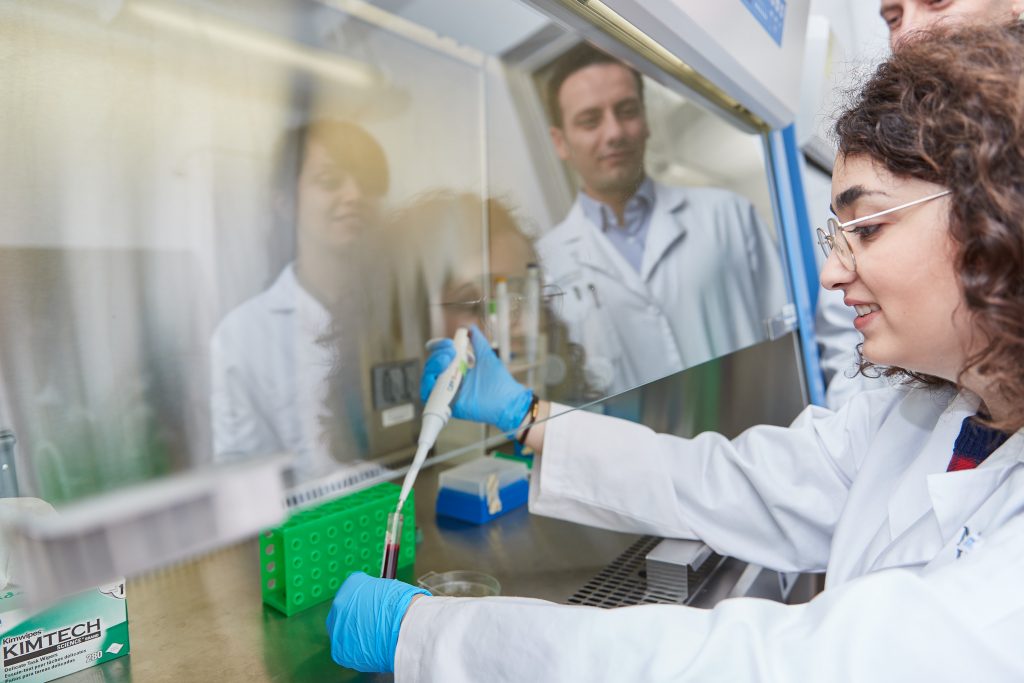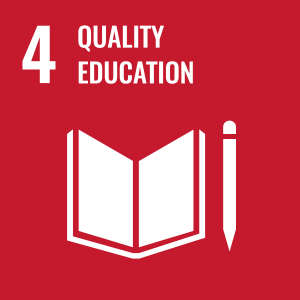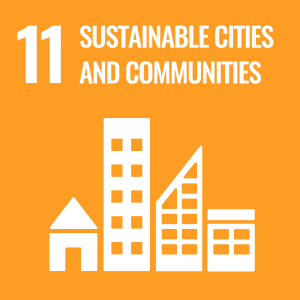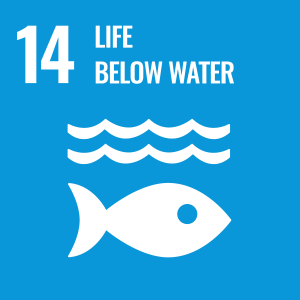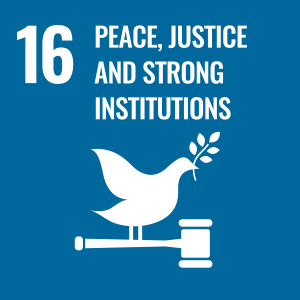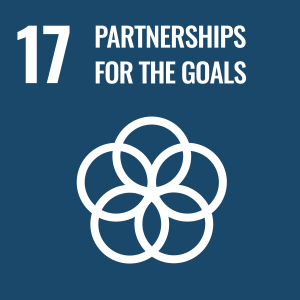Goal 3: Good Health and Well-Being
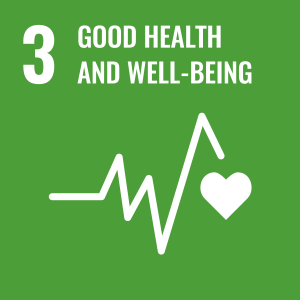 |
McMaster researcher Gerry Wright is a trailblazer in antimicrobial discovery, leading the global fight against superbugs and antibiotic resistance. He leads a global network that is working to prevent future pandemics as part of SDG 3. |
Preventing A SLOW-MOVING CATASTROPHE
Antibiotics are essential to modern medicine. We rely on them to cure everything from pneumonia to meningitis. The infection control they provide makes life-saving treatments like cancer chemotherapy and heart transplants possible.
But widespread overuse of these drugs in agriculture and medicine have led bacteria to evolve, increasing resistance to penicillin and related medicines. Antibiotic resistance causes 700,000 deaths globally each year – a number that’s expected to rise to 10 million by 2050.
The stakes couldn’t be higher.
That’s why infectious disease expert Gerry Wright is working with teams of researchers to understand and detect antimicrobial resistance, and develop new treatments to stop this global threat in its tracks.
Featured Stories
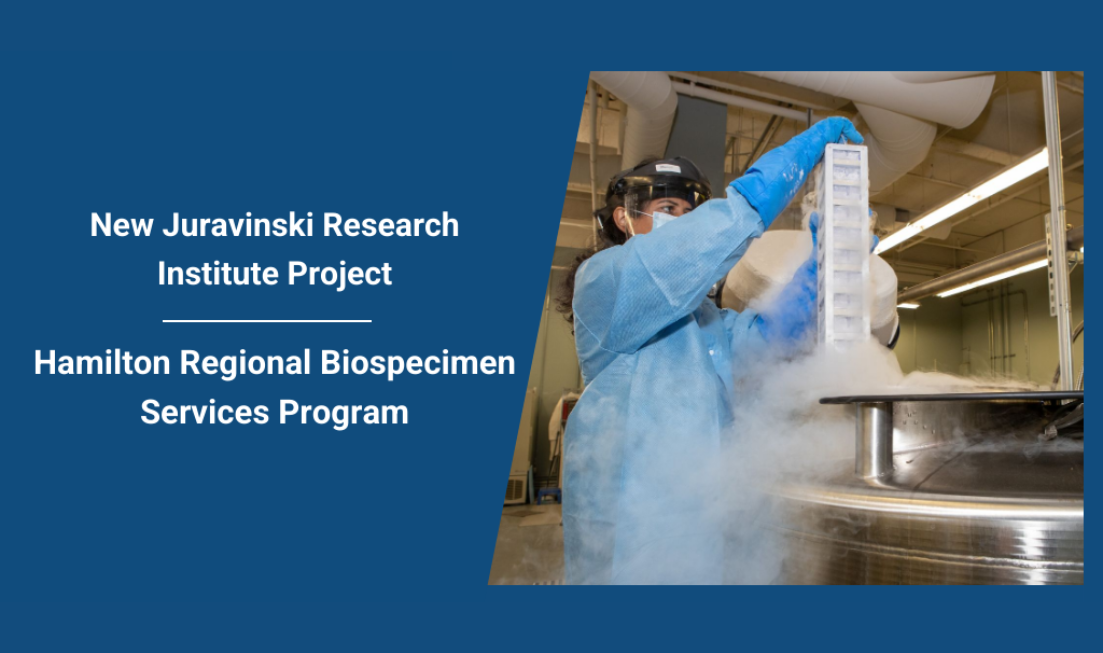
Juravinski Research Institute announces new Hamilton biospecimen program to propel medical discoveries
Hamilton is about to make big strides in health research with the launch of the Hamilton Regional Biospecimen Services program (HRBS). This initiative is made . . .
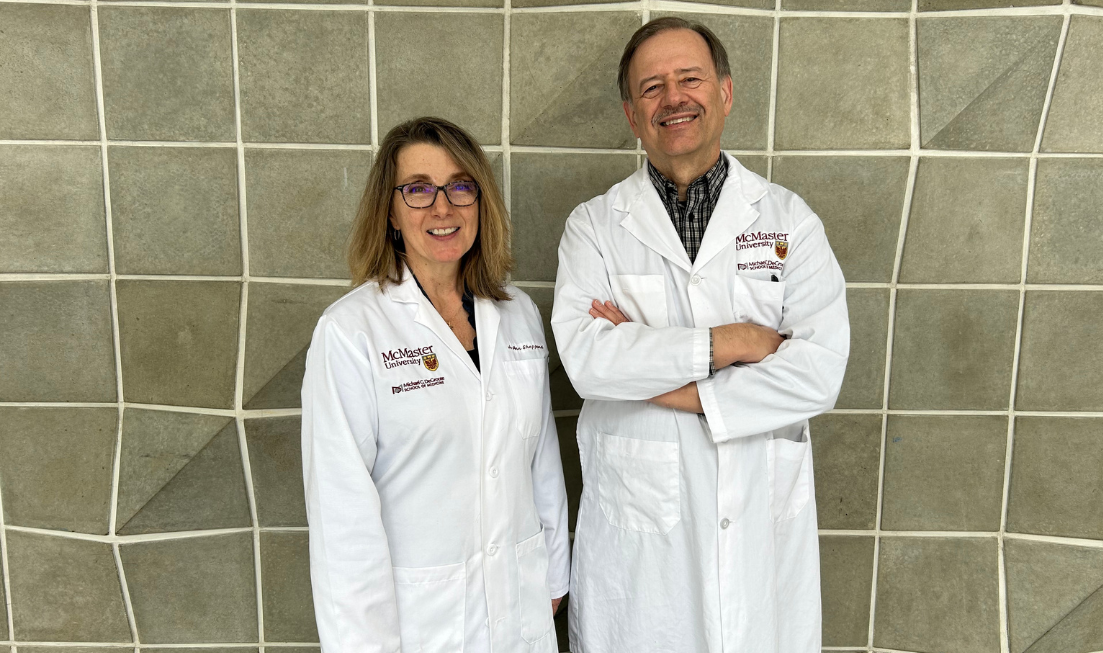
McMaster researchers identify new blood-clotting disorder
Hematology researchers at McMaster University have made a groundbreaking discovery, providing an explanation for spontaneous and unusual blood clotting that continues to occur despite treatment . . .

Mac grad Rebecca Correia is creating a better future for Canada’s seniors
Canada’s seniors deserve quality care — but with fewer than 400 geriatricians across the country, increasing demands on family physicians and a rapidly aging population, . . .

